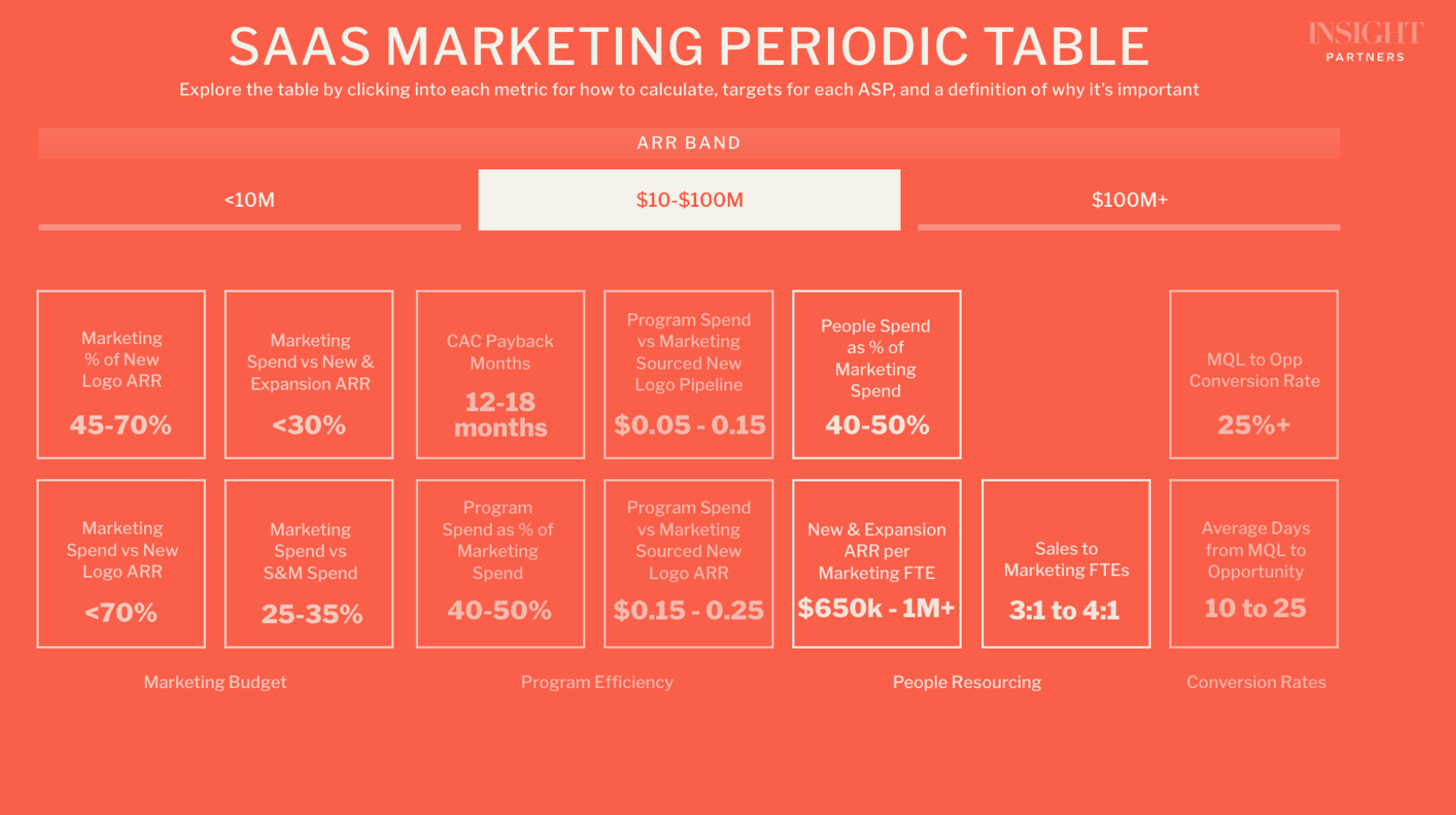Driving Meaningful DE&I Strategies in 2023

2023 presents a challenging economic environment for ScaleUp leaders. Many face difficult human capital decisions even as they seek to preserve financial capital to weather the uncertainties 2023 has presented. The shift from hiring frenzy to hiring freeze has become commonplace as companies extend cash runway by reducing costs. Insight’s Onsite team advises companies during this time as they transition from offensive to defensive people strategies to support their long-term vision.
One area requiring human capital leadership is awareness of the potential for the adverse impact of economic downturns on underrepresented communities in your team. For example, in 2020, many women left the workforce as COVID-19 forced families to reassess child care. During the 2008 recession, Black and Hispanic/Latine communities saw an outsized impact on their employment opportunities and earning potential. More recently, as layoffs continue across the U.S. tech sector, research again suggests that women and people of color are disproportionally at risk of losing their jobs.
Whether you’re considering a reduction in force or continuing to scale your team, people strategies that center equity and inclusivity can remain consistent.
How can ScaleUp leaders ensure that diversity, equity, and inclusion (DE&I) remain central to your approach? Here are a few considerations.
If you’re considering layoffs
Review policies and programs to ensure an equitable process
In consultation with their leadership teams, founders and CEOs have the difficult task of determining how to downsize if that’s the appropriate short-term strategic decision. Those companies that have a comprehensive and objective approach to deciding which positions to eliminate have an easier task of ensuring fairness, as well as the perception of fairness — which is as important from a retained employee morale perspective as well as a company brand perspective.
In determining the selection criteria for a downsizing, consider factors such as tenure, skills assessment, and functions that are aligned with the strategic roadmap of the company. Prior to decision-making, it’s important to understand and remove any potential bias, either conscious or unconscious. For example, a “last in, first out” approach is commonly referenced as a framework for layoffs, but given the effort in tech over the last few years to increase diversity, this can disproportionately impact underrepresented employees who recently joined the team.
Another example would be asking managers to identify a list of underperformers. If your company hasn’t had a recent objective performance review cycle, the list becomes subjective and could reflect manager biases. An adverse impact analysis will show any adverse impact to any Equal Employment Opportunity Commission (EEOC) underrepresented demographics to mitigate disproportionate layoffs among underrepresented communities that are not associated with underperformance.
Be transparent
Employees need clear communication, honesty, and transparency during this time and will expect their leaders to acknowledge the hardship and offer support. Explaining the rationale behind layoff decisions, demonstrating accountability, and ensuring that employees understand the next steps can go a long way to avoid mistrust among impacted employees and boost morale with the retained workforce.
Offer impacted employees guidance and support
Entering a job market during a tough economic time is not easy. Offer support resources to impacted employees, such as outplacement services or career counseling, to help them transition to their next opportunity.
If your company continues to scale
Make sure you hire equitably
A slowdown in recruiting is a great opportunity to increase diversity given of the availability of candidates in the market. It’s even more important to maintain this focus when there are fewer opportunities to hire. As you open new positions and launch new searches, allow sufficient time to build diverse candidate slates and make this a requirement before moving to selection processes and hiring decisions. When interviewing candidates, use objective selection criteria — such as scorecards — to drive consistency and avoid subjective hiring decisions based on “fit.”
Be sure pay equitably, too
Employees who feel they are compensated fairly for their work are more likely to be engaged, productive, and committed to the company. During a downturn, companies should continue to review their pay equity policies to ensure that guidelines for pay are being upheld and refreshed where necessary. With the labor market less competitive, avoid bringing in new hires at lower comp bands than current employees, which can create pay disparities across your organization.
Read: Compensation 101: Building Consistent Salary Ranges and Bands from Scratch
Maintain your competitive advantage by having a clear DE&I strategy
The most diverse companies financially outperform non-diverse companies, and if you want to attract top talent, they want to know you take DE&I seriously. 86% of candidates globally say that DE&I is an important factor when considering an employer.
CEOs and people leaders can use this time to build on your DE&I strategy by (re)-assessing your current state, clarifying 2-3 focus areas, and reinforcing accountability for outcomes with your leadership team. During town halls and company updates where you’re motivating your teams to achieve the long-term company vision, this is also an opportunity to be vocal about your commitment to a diverse and equitable culture – one that employees are excited to work in, and candidates attracted to.
Focus on experience and inclusion
Employees crave job security in this market and want opportunities to grow and thrive in their organizations. Find new ways to develop, engage and support them – whether it’s offering career development programs, establishing employee resource groups (ERGs), or engaging in community outreach as a joint team project. You can also use this time to better understand the experience of underrepresented groups and individuals in your organization to develop valuable and relevant programs to support them.
DE&I is a central tenet of talent and culture for many next-generation ScaleUps. Teams with different voices, ideas, and backgrounds who work collaboratively and equitably to achieve your ScaleUp’s potential have a strong chance of problem-solving and succeeding. Incorporating the above strategies and tactics can ensure that when the market improves, you have sustained momentum and have positioned your organization to model meaningful action.






